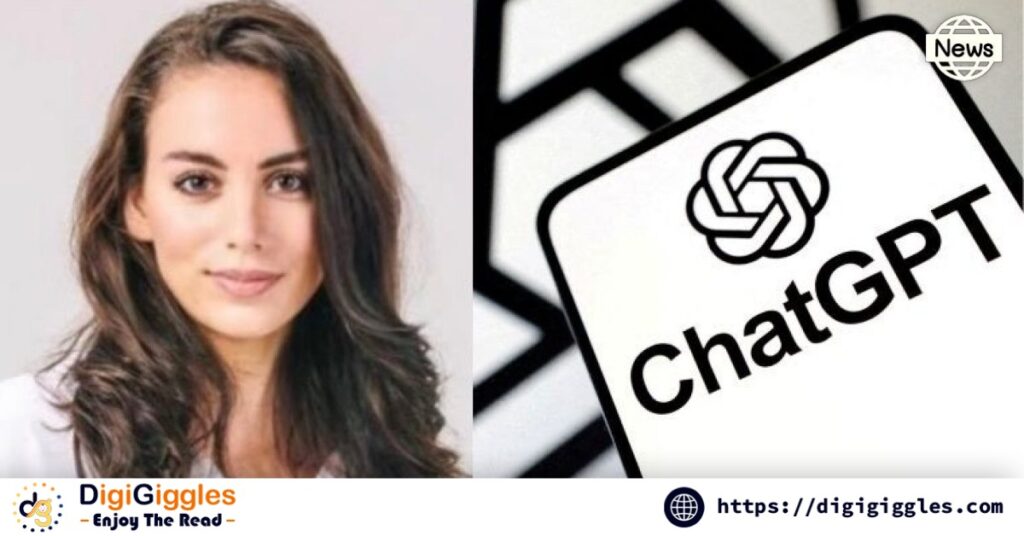
OpenAI CTO Mira Murati recently shared groundbreaking insights into the future of artificial intelligence during her visit to Dartmouth Engineering, her alma mater. In her talk, she revealed that the next generation of ChatGPT will possess PhD-level intelligence for specific tasks, making it capable of outperforming humans in many areas. This highly anticipated version is set to launch in a year and a half, promising to revolutionize various industries with its advanced capabilities.
Advanced Intelligence and Impact on AI Development
Murati explained the progression of AI intelligence through the different versions of GPT. While GPT-3 exhibited the intelligence of a toddler and GPT-4 that of a high-schooler, the upcoming model will be as knowledgeable as a PhD holder in specific domains. This leap in intelligence means that interacting with the next-gen ChatGPT will often feel like conversing with someone smarter than yourself.
The enhanced intelligence of future AI systems is expected to facilitate easier control and safer direction. “It’s much easier to direct a smarter system by telling it what not to do,” Murati said, comparing it to training a more intelligent dog versus a less intelligent one. This alignment of capabilities and safety underscores OpenAI’s commitment to developing AI responsibly.
Addressing Safety and Ethical Concerns
During the discussion, Jeffrey Blackburn, a Dartmouth Trustee, raised a critical question about the potential risks of highly intelligent AI. Murati acknowledged the reality of AI systems with agent capabilities that can connect to the internet, interact with each other, and collaborate seamlessly with humans. She emphasized the importance of embedding safety and ethical considerations into the development process from the outset, rather than treating them as afterthoughts.
Murati also addressed the inevitability of risks associated with advanced AI. She stressed the shared responsibility of ensuring safe AI usage, involving not only OpenAI but also civil society, government, media, and content creators. Highlighting the issue of deep fake videos, she pointed out that while OpenAI bears responsibility for the technology, society as a whole must work together to manage its use.
Transformative Impact on Industries and Jobs
The introduction of ChatGPT has already made AI accessible to the public, demonstrating its capabilities and risks. Murati believes that AI will have a pervasive impact on all industries, particularly those involving cognitive labor. While it may take longer for AI to fully integrate into the physical world, its influence on cognitive tasks is inevitable.
Discussing the implications for employment, Murati acknowledged that certain jobs, especially in creative fields, will be affected. However, she argued that AI will democratize creativity, allowing more people to engage in creative endeavors previously limited to a select few. Consequently, jobs that rely on exclusive creative talents may be taken over by AI, but this will also open new opportunities for broader participation in creative activities.
Mira Murati’s insights provide a compelling glimpse into the future of AI and its potential to reshape our world. The next generation of ChatGPT, with its PhD-level intelligence, promises to revolutionize industries and redefine the boundaries of human and machine collaboration. As we move towards this future, the emphasis on safety, ethical considerations, and shared responsibility will be crucial in harnessing AI’s full potential for the benefit of society.